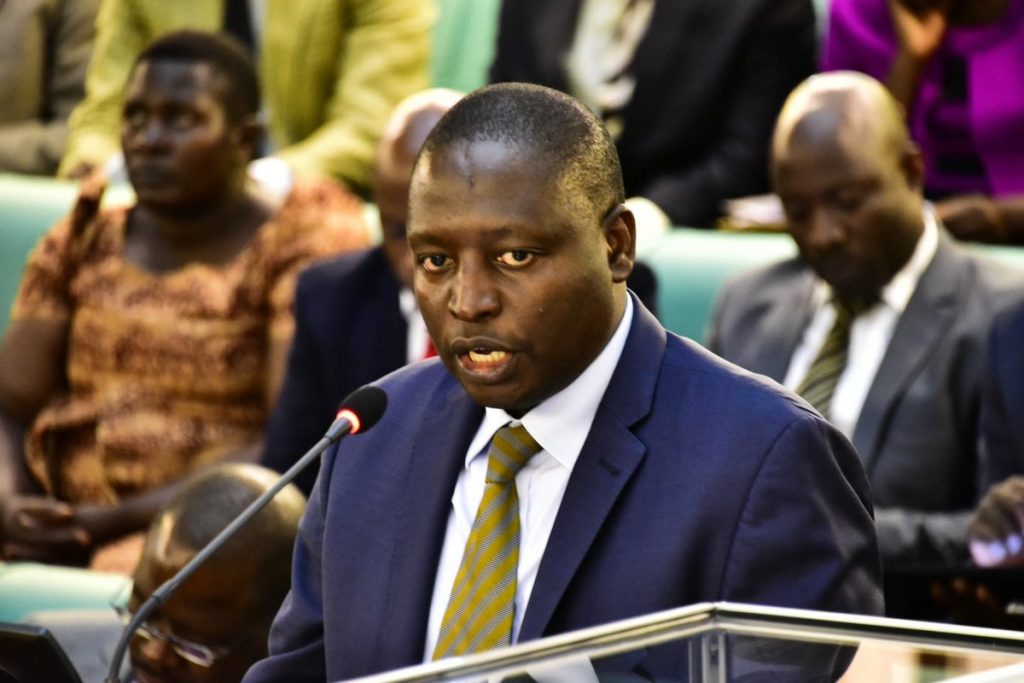Cross Border Traders Want Taxes Suspended To Recover From COVID-19 Effects
3 min read
Small-scale women entrepreneurs have urged the government and the Ministry of Finance, Planning and Economic Development to adopt a system where both benefits and negative implications of each tax measure introduced will be explained.
The entrepreneurs say the government only considers the revenues that are expected out of a tax measure, without considering what its implications will be. They say that sometimes the revenues got from a certain tax are outweighed by the negative socioeconomic effects of the tax.
But because no effort was made to initially study both sides, the net effects persist and generally affect economic growth, making it difficult for government experts and technocrats to find where the problem is.
Some of the recent taxes that have been fought for their expected negative effects include the tax on internet-based innovations and internet access use, the tax on mobile money transactions as well as the tax on bank cash withdrawals.
The latter was put on hold amidst protests from across sections of the public, that it would further curtail the growth of the banking sector, while the tax on mobile money was reduced and restricted to cash withdrawals from agents.
The Executive Director of CEEWA (Council for Economic Empowerment for Women in Africa), Florence Nightingale Kutesa says this will be one of the ways also of encouraging Ugandans to pay taxes, even when they feel the taxes are high.
On the sidelines of a budget advocacy symposium today, the Ministry of Trade, Industry and Cooperatives indicated that women are increasingly dominating cross-border trade, with the other group being the persons with disabilities. This is because historically, the women and PWDs find it easier to get sympathy from enforcement officers, in case of an illegality being committed.
But in recent years, there have also been affirmative actions by the government to ensure women traders operate under more favourable environment to make the compete more in a male-dominated private sector.
Many women however, continue involving in smuggling across borders, to avoid paying taxes, yet many report that they are abused when caught using ungazetted routes.
Uganda Revenue Authority Assistant Commissioner, Customs Victoria Nabitaka Makumbi, says the women go into smuggling because they are not aware of their rights and the developments in the trade and tax regime.
She says that even where there are taxes required, the women encounter worse problems when using irregular paths especially between Uganda and Kenya, including being overcharged, among others.
The ministry of trade, industry and cooperatives says they are many other facilities being constructed at border posts to facilitate stallholder traders, including stores and warehouses.
The ministry also agrees that there is need for sensitization of the small cross-border traders, to take advantage of initiatives currently in place for those that go through customs.
The Senior Commercial Officer in the External Trade Department at the Ministry, Brenda Kabasinguzi says for example, that many of the taxes they traders talk about are actually not applied to them because most of them have stocks less than Ushs 4m.
The Eastern African Sub-Regional Support Initiative for the Advancement of Women, has been advocating for the rights of women in trade.
The CEO, Sheila Kawamara says the government must do more to ensure the women operate in a more humane or less dehumanizing environment that taxes push them into.
The women are seen using empty jerry cans to swim across River Malaba to beat the customs teams, as they take things across into Kenya and vice vasa.
She wants them trading community to be more involved in the policy-making decisions including being consulted and accounted to, on the taxes they pay.
A leader of cross-border traders in Busia, Mariam Babu says the efforts by government agencies and NGOs had started bearing fruit for the women traders, but that during the lockdown, they were forced to return to smuggling because they had to go Around the closure of borders to trade and survive.
She adds that most of them have decided to remain in petty business because it is easy to beat the taxes.





